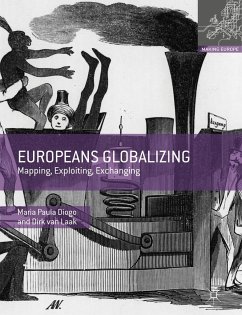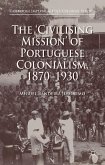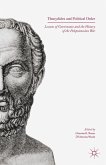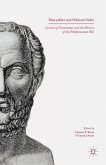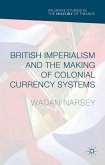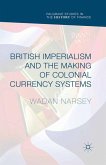Technology was key to European colonialism. Via technology, Europeans mapped non-European territories - and controlled the flow of people and resources, goods and information. Read stories of technologies introduced and creatively adapted. Discover how globalization as we know it differs from what Europeans once intended.
Hinweis: Dieser Artikel kann nur an eine deutsche Lieferadresse ausgeliefert werden.
Hinweis: Dieser Artikel kann nur an eine deutsche Lieferadresse ausgeliefert werden.
"Europeans Globalizing is part of an ambitious research agenda that questions Europe's history through a transnational history of technology. ... the range and scope of the book as well as the thoughtfulness with which the authors discuss their disparate topics are impressive. ... the transnational approach provides a refreshing perspective on Europe's identity and connections to the world. It is a welcome and important contribution to the literature on Europe's place in the technological Great Divergence." (Marten Boon, EuropeNow Journal, europenowjournal.org, April, 2017)

